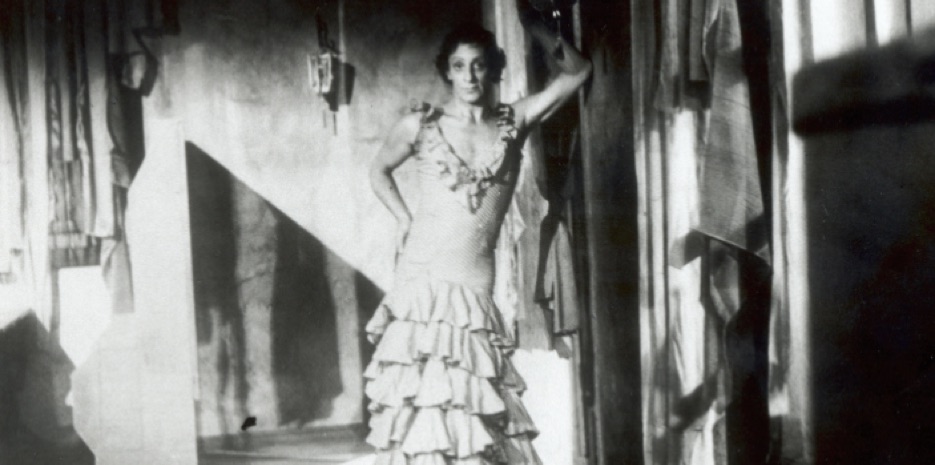SPANISH 316

Latin American Literatures & Cultures from 1800
(Trans)Gendered Voices in Latin/O America
What are gender and sexuality? What exactly do we mean and understand when we use these terms? How do they function in Latin/o America? How consistent or interconnected are such functions throughout the hemisphere? This course will specifically examine representations and expressions of gender and transgender in Latin/o America in order to better understand how particular issues of bodies, subject position, desire, and power are negotiated across several countries/regions and historical periods.
By focusing on works that call gender norms into question and/or feature transgendered voices, this course highlights issues of how stable/unstable these categories are, how identity is performed—consciously and unconsciously—how meaning is negotiated, and how these categories foster and impede a sense of belonging. Throughout the semester, we will also pay particular attention to how gender and sexuality intersect with questions of nationality, globalization, race, class, community, and authority.
Along with conventional literary texts (i.e. novels, short stories), the assigned works include films, graphic novels, art, music, performance, and online materials as well as relevant critical and theoretical writings. As we analyze all of these works, we will consider what role difference plays in the formation of individual, group, and community positions and perspectives. We will discuss how difference can operate as problem and a strength, respectively, and explore what factors facilitate or impede forging meaningful and production connections across such differences.